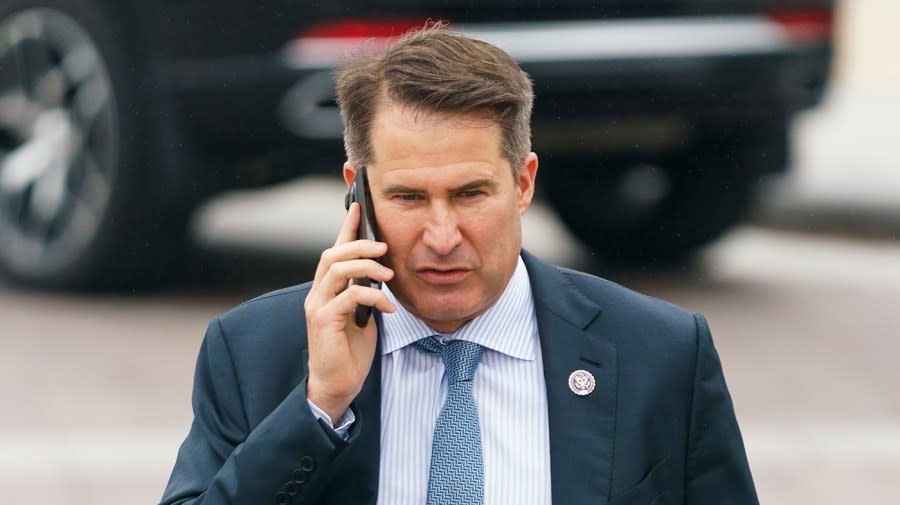House defense bill includes amendment assessing impact of publicizing Russia’s nuclear space weapon

The House Armed Services Committee (HASC) included an amendment to the annual defense bill that would require a report on the impact of a detonation of a nuclear weapon in space and the consequences of publicizing Russia’s alleged pursuit of a space-based nuclear weapon.
The amendment, agreed to Wednesday night before the HASC passed the National Defense Authorization Act and sent it to the House floor, includes language mandating a report from the U.S. government on whether intelligence sources were “compromised or lost” after classified information was leaked earlier this year about Russia’s development of a nuclear weapon in space.
It also asks for the report to include information on what options may have been lost to counter the weapon after it became publicly known, along with the assessment of the impact of a detonation of a nuclear weapon in space.
Rep. Seth Moulton (D-Mass.), who offered the amendment, said it was vital to know the impact of the leak of information about the Russian weapon.
“We should just understand the consequences of that to our nation’s response to a very serious threat to our national security,” he said.
Rep. Mike Turner (R-Ohio), chair of the House Intelligence Committee, was the first to sound the alarm back in February when he warned of a new national security threat. His committee later voted to declassify the information on the threat.
Turner, also a member of the HASC, argued that the U.S. had information about the Russian weapon for “some time.” The weapon, he said, threatened the economy and daily life.
“There are things that need to be done. As time just passes, we lose options and the world becomes less safe and the vulnerabilities become greater,” he said. “But without the world understanding, you don’t have an ability to impact the outcome. You don’t have an ability to change Day Zero.”
Still, before the Biden administration could publicly divulge details about the Russian weapon following Turner’s move to declassify, several media outlets reported on it, which Moulton argued was concerning enough to assess the consequences.
The U.S. warned this week that Russia launched an antisatellite weapon into space but it does not appear to be a nuclear weapon.
Russian President Vladimir Putin has denied preparing to deploy a nuclear weapon in space, but Russia vetoed a measure last month in the United Nations Security Council that would have affirmed the commitment of all nations to abide by the 1967 Outer Space Treaty and prevent the deployment of weapons of mass destruction in space.
Russia offered another resolution at the council this week to prohibit all weapons deployment in space, but the measure was vetoed by the U.S., the U.K. and France.
The HASC-passed National Defense Authorization Act must now head to the House floor, where amendments can be added, removed and changed. It will then have to be reconciled with the Democratic-controlled Senate before Congress can pass the defense bill.
Copyright 2024 Nexstar Media, Inc. All rights reserved. This material may not be published, broadcast, rewritten, or redistributed.
For the latest news, weather, sports, and streaming video, head to The Hill.


